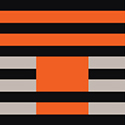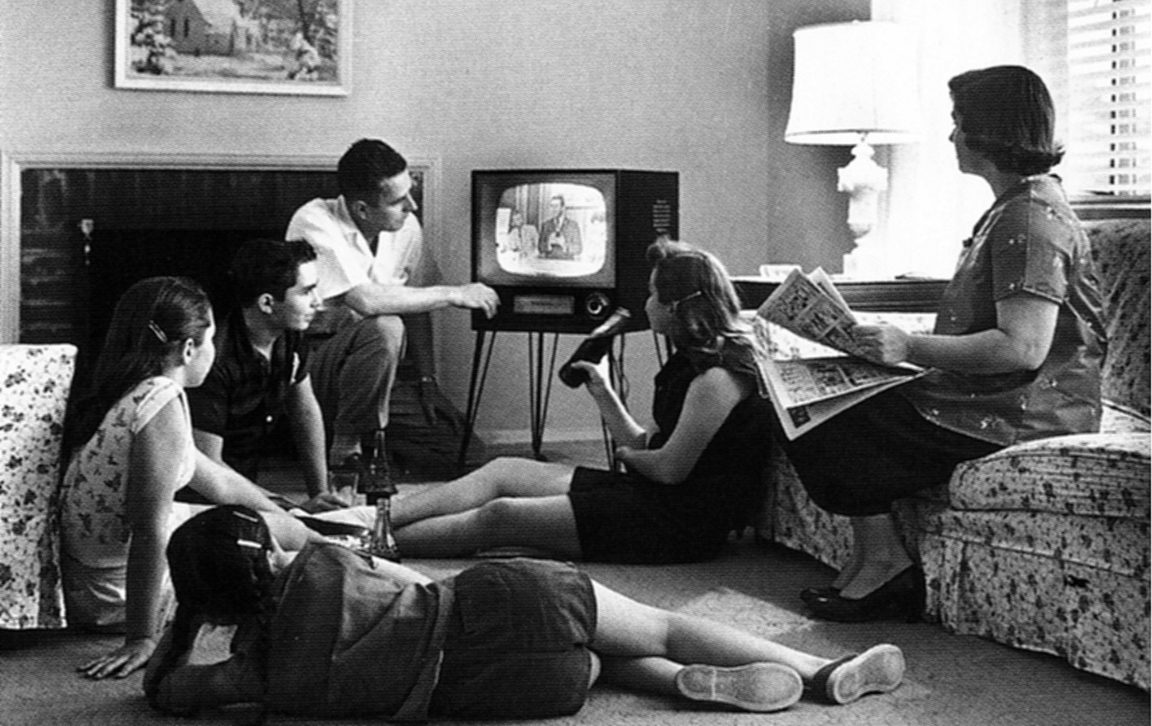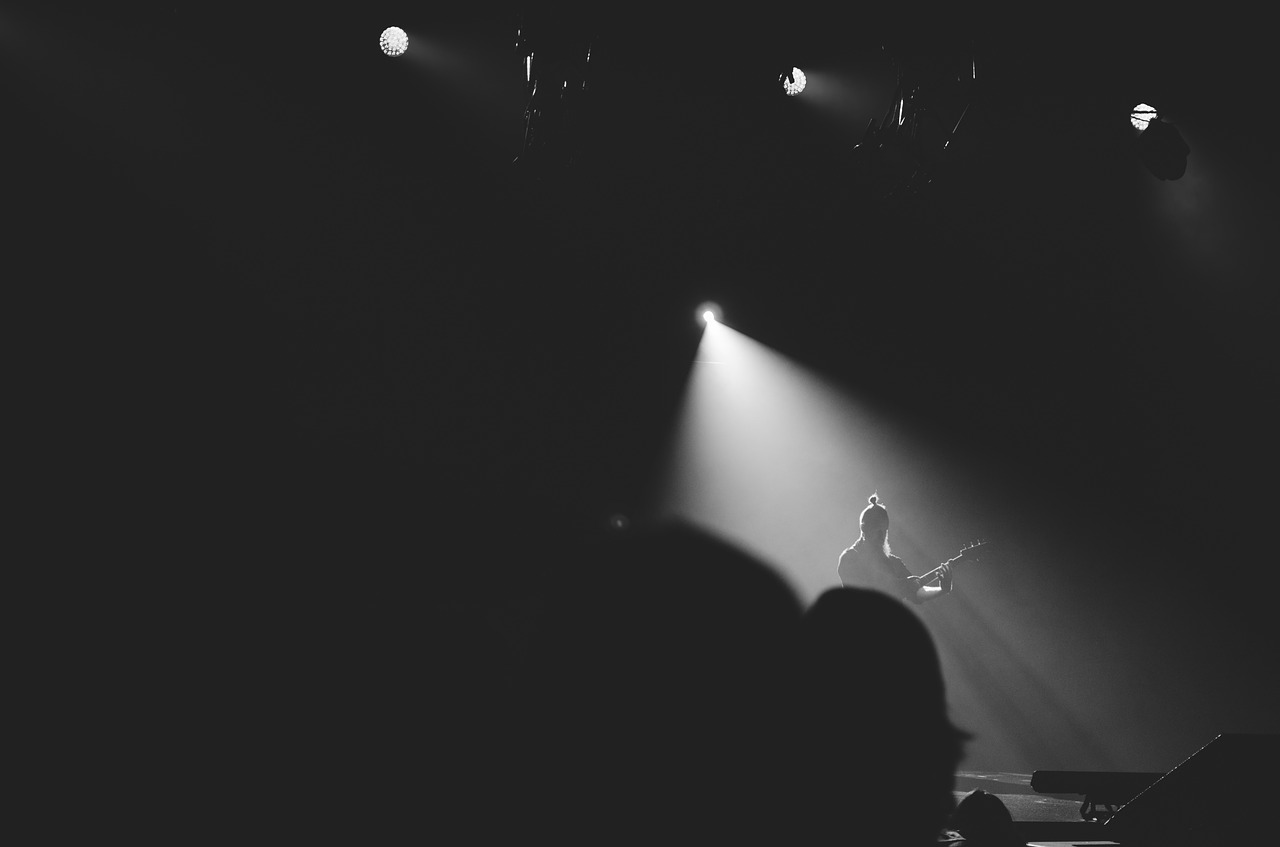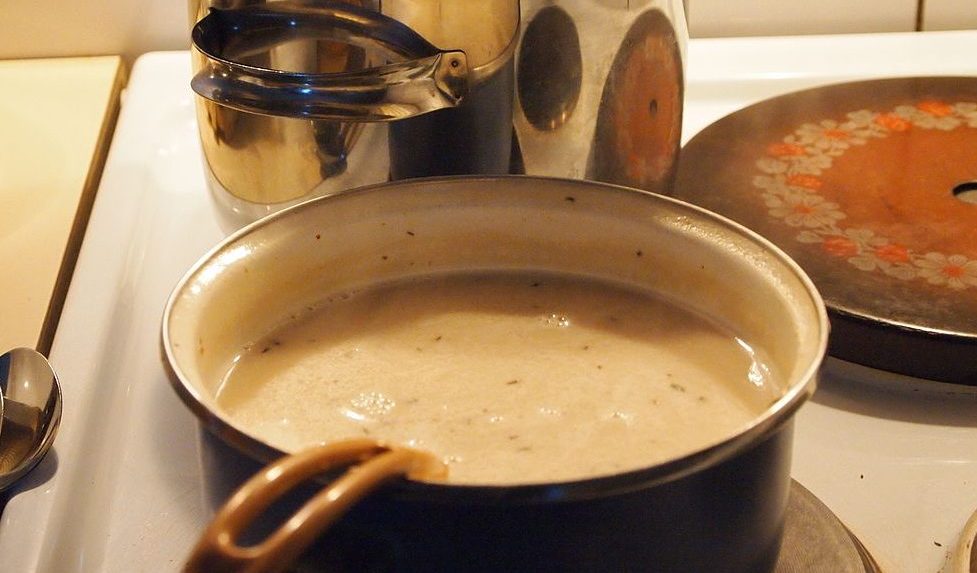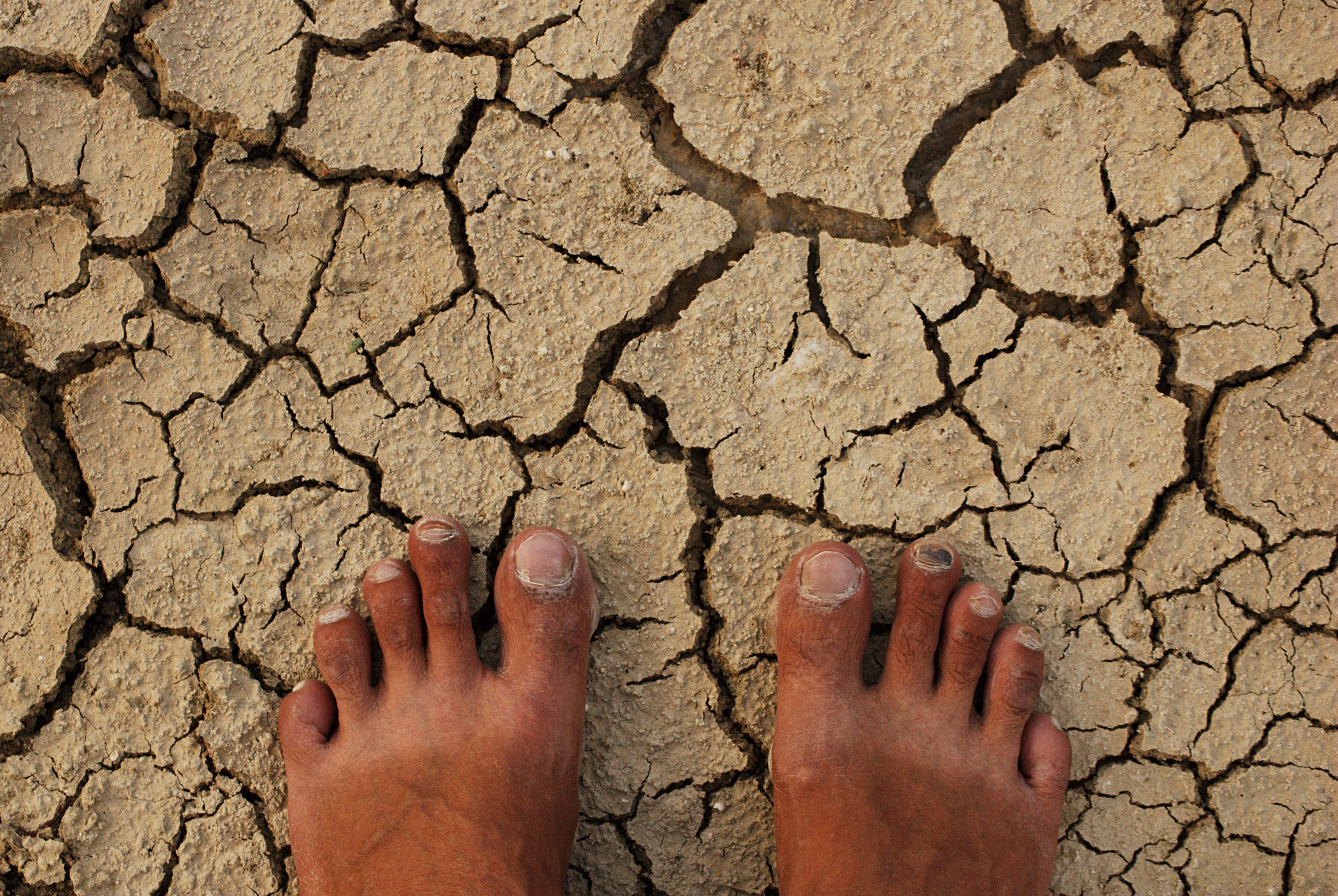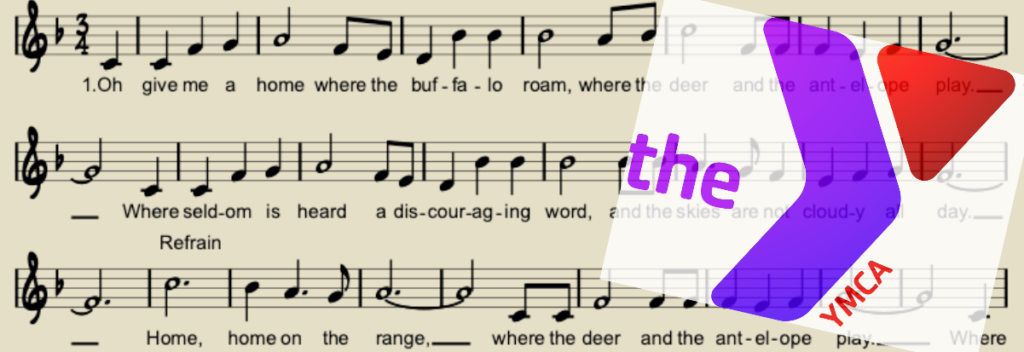
by Carol Hyman
It feels risky to admit to optimism these days when doomsaying is so prevalent and irony is fashionable. But without ignoring how much work we have to do, I’m cheered by some of the changes I see unfolding around me. I don’t think it’s naïve optimism: something good is emerging in the world.
The naïve optimism and willful ignorance that are part of our human inheritance are things we need to recognize and reckon with. “Where seldom is heard a discouraging word…” go the lyrics to an old song about longing for a home on the range. Now, it’s an encouraging word that seldom is heard, and many of us long to feel at home anywhere, even if it’s just within our own skin. Maybe especially within our own skin.
It doesn’t help that we’re fearful for the future of our most essential home, the earth. When we immerse ourselves in media – mainstream, social, or otherwise – things can seem unrelievedly grim. To the extent that the range still exists, it’s no longer a place where buffalo roam or antelope play. People are responsible for that, as well as countless other dreadful consequences arising out of our willingness to ignore how our behavior impacts our interconnected world. Extinctions. Environmental degradation. Warfare and individual violent acts. Injustice on many levels. A litany of horrors. It feels like the skies could be cloudy not just all day, but for all time.
It’s a good thing that we are waking up to our culpability. But recognizing our responsibility can bring more clouds if it only results in feeling guilty, or depressed, or furious at others, reactions that perpetuate problems because they tend to increase society’s overall contentiousness and sap our individual resilience. To turn things around on this planet, we need to stop fighting and harness our human resources.
In the service of those goals, I’ve spent my life teaching meditation in centers devoted to contemplative disciplines. The programs might last anywhere from an evening to retreats of several weeks. We worked to create attractive spaces that would invite people to settle and appreciate simply being, with their minds and with each other. With forms and rituals that encourage going beyond habitual ways of being, we encouraged people to experience the joy and freedom that come from opening to wakeful presence in each moment.
For decades, folks looking to move beyond the materialism that permeates our culture have come to these centers and benefited from practicing as part of a community. That world is one I cleaved to and called home. But that world, like the larger culture around it, has changed, and I’ve found myself longing for a more open space. A wider range, so to speak, with a wider range of people.
Meanwhile, the physical reality expressed as “use it or lose it” is increasingly hard for me to ignore. When I was young, people didn’t realize how important it is to maintain physical fitness. Now, whether we do it or not, everybody recognizes the value of regular exercise. When my long-time routine of taking regular walks in Vermont was disrupted by circumstances and I moved to the city, needing to take care of my body drove me, as it has many others, to the YMCA.
The indoor pool was what attracted me, and when I decided to up my exercise game, I took advantage of the personal training program offered to members. My trainer happened to be the director of the wellness center there. One thing led, as it will, to others, and last month I started offering classes in mindfulness meditation at the Y. But first, the rigorous screening and training required of prospective teachers opened my eyes to the value of something I’d driven past countless times without much thought.
The YMCA is the oldest non-profit in Atlanta, and it’s constantly adapting to better serve the community. A recent example: at the start of the Covid lockdown, when most facilities were shuttered, resourceful people wondered how the Y could help. Recognizing an obvious need – that with schools and daycare centers closed, first responders were hard-pressed to find safe places for their children while they worked – the Y pivoted, put safety protocols in place, and provided that haven. Now, ongoing programs attract a thriving community. Kids get help learning to read. Summer and after school activities help them develop not only sports skills but social ones. There are programs for seniors and pick-up pickleball in an air-conditioned space!
And there are mind and body classes. That’s where I fit in, twice a week. Even though the sessions are short – an hour or less – and even though we sit not in an environment carefully curated to encourage attentive reflection but in a room more often used for body pump or turbo kick, I find myself as inspired by these classes as I ever have been by the longer gatherings I’m used to leading.
Mostly that’s because I’m finding that wider range of people I longed for. The ones who come to these classes are a diverse lot. What we discover we have in common is seeing how, by starting with ourselves, we might actually be able to stop adding to the contentious fracas bombarding us these days.
That people come at all, and then come back, tells me something good is happening. Thanks to research and personal experience, few doubt that working with our bodies to develop strength and stamina is good for us. Now science is gathering data on the benefits that come from working with our minds. But more importantly, as I see each week in these classes, people are finding out for themselves the old-fashioned way: they do it and see what happens.
In 1873, the Atlanta YMCA resumed its activities after the Civil War. The same year, “Home on the Range” was first printed. The lyrics were rewritten a few times over the years, as people’s ideas and attitudes changed. The skies can sometimes be cloudy for so long that we forget: whatever the storm, in the vastness of outer space, the sun is always shining. And in the inner space of our human hearts and minds, the light of awareness is always shining. If we tune in to it and pay attention to the world, it sheds light on the possibilities around us. Then, because we’re better able to discern what roads our good intentions might actually take us down, we can choose the ones that will bring the greater good.
Sometimes we might need to work up a sweat. But sometimes it’s enough to simply sit down and look inside. If we’re brave, we might discover something good. It’s always here.
